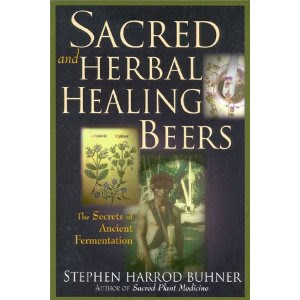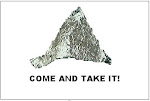"While they were eating, Jesus took bread, and when he had given thanks, he broke it and gave it to his disciples, saying, "Take it; this is my body." Then he took a cup, and when he had given thanks, he gave it to them, and they all drank from it. "This is my blood of the covenant, which is poured out for many," he said to them." - Mark 14:22-24

If this is true then it is shocking when you consider the last supper of Christ. When he said about the wine, "This is my blood of the covenant, which is poured out for many for the forgiveness of sins" and about the bread, "This is my body, which is for you", the people surrounding Jesus would have clearly understood the similarity between what he was saying and the pagan rituals, and the implication of what he was saying and doing would have been scandalous and profound. They would have instantly hearkened back to when he said "Whoever eats my flesh and drinks my blood remains in me, and I in him."John 6:56. It would not have been symbolic at all, the people surrounding the table of the last supper would have had a clear and real cultural context for the significance of the bread and the wine as His body and blood.
We might look upon these ancients as ignorant heathens, but Jesus came not to condemn them, nor did he share in their ritual to mock them. Just as many religious Jews were finally confronted in Christ with the reality of the Messiah that their traditions had been leading them to, so also were the worshippers of the earth and every other deity finally confronted with the power they were seeking, and not in a foreign tradition, but through the body and blood, in the grain and the wine, as they were accustomed.

